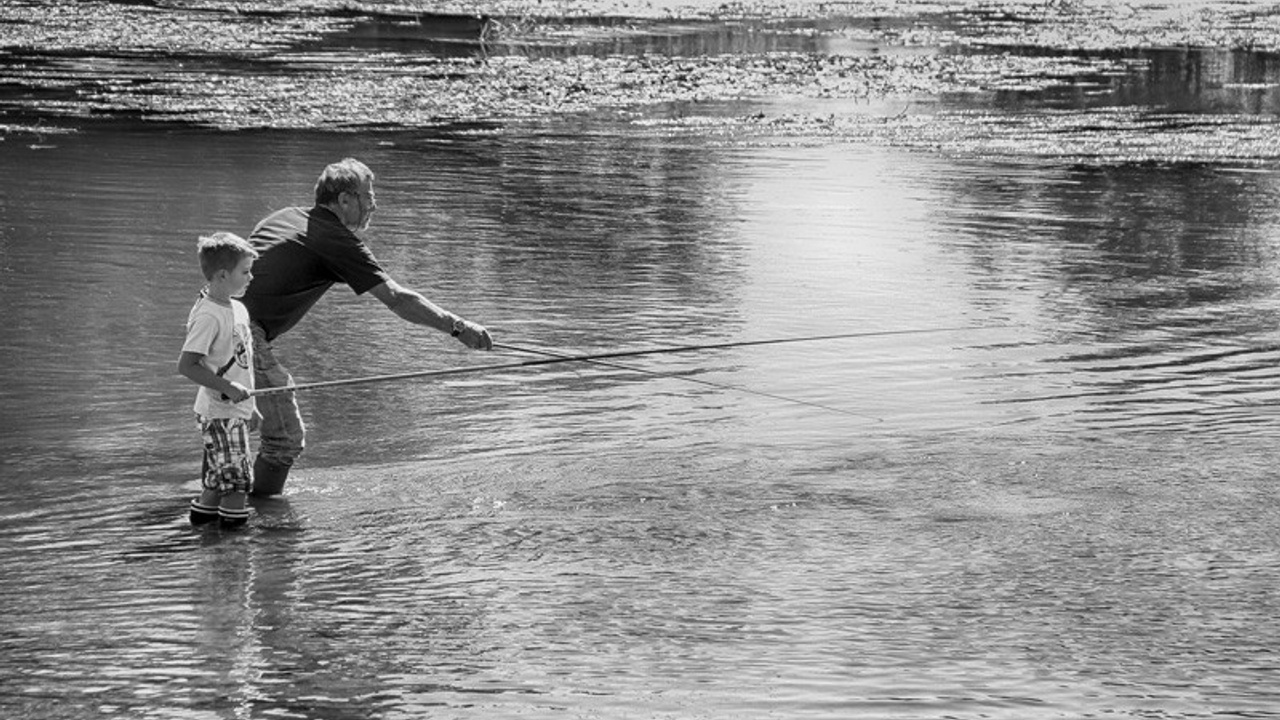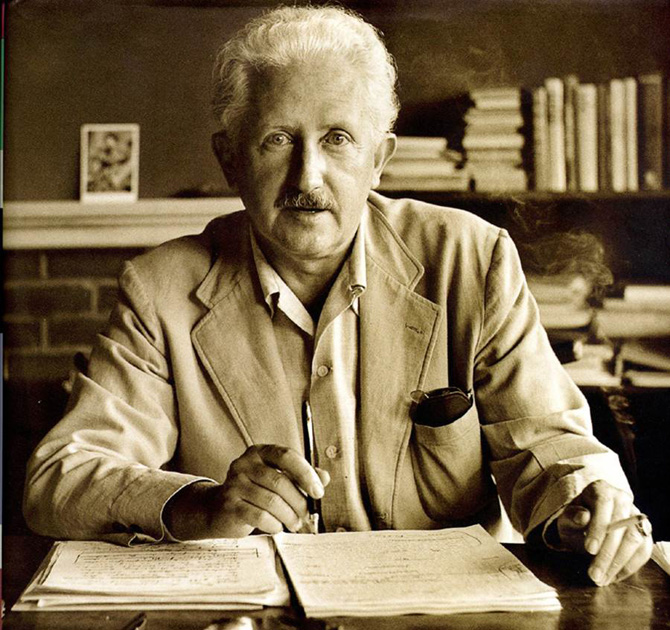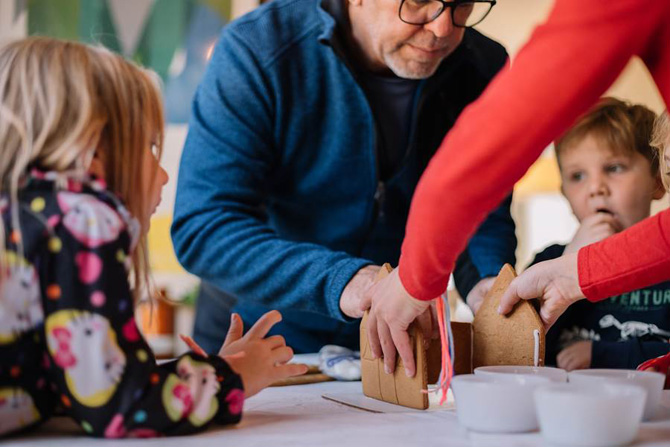Intergenerational Fatherhood
Jun 24, 2020
I am a few years into the teenage kid stage of fatherhood and I’m working my way up the learning curve. I’m finding that the timeout is not an effective punishment, my jokes aren’t as funny (or funny at all) and my IQ has plummeted. I have changed my approach. I seek out one-on-one time and say ‘yes’ to almost any offer to hang out that comes my way, even if it means risking my life with a driver in training. Doling out punishment has changed, too. I’ve focused on essay writing as a mechanism to prompt self-reflection and deep thinking. It seems to have had some impact. One of my kids, commenting on his frequent essay writing of late, shared in his Father’s Day card to me, “I may not enjoy it, but I know it’s good for me.”
But, whatever my strategy, it’s clear that just me won’t be enough. I need some reinforcements. I need intergenerational fatherhood. And, the thing is, I think elder fathers need it, too.
We’re living in the Age of Longevity where people are expected to live longer than ever before. That’s great in many respects – so long as our health and financial well-being match to a longer life – but it also comes with challenges. Chief among them may be finding continued purpose in life. Purpose, particularly the type that finds meaning in making a difference outside of oneself, has been shown to improve overall wellbeing. This is an opportunity for our elders.
At the same time, it couldn’t be more clear that our youth need help navigating today’s world. And their fathers – people like me – can’t do it alone. We don’t have all the answers and often don’t have enough time. Heck, if our current times are the 1960s part deux, we can’t offer a comparable parallel. My generation read about times of intense racial tensions, but elders lived through them. That brings credibility and perspective.

Erik Erickson, a 20th century psychologist, introduced generativity as the 7th step of human development
Collectively, there is an opportunity for generativity, a theory created by Erik Erickson, a legend in the arena of human development. As Marc Freedman describes in his recent call for a Generativity Revolution, Erickson’s theory suggests that we have a drive to contribute what we’ve learned from life to future generations. The well-being of future generations becomes part of the legacy of elder generations.
A number of organizations, like Generations United and Encore.org, help connect the young and old. They do great work and can point to countless inspirational success stories. But what would it look like if we did a better job of connecting the young and old within our own families? What would it look like to truly father our grandkids?
A mentor of mine once said that your values are not expressed by what you say but how you budget your time, resources and energy. Following this logic, if you want to be an intergenerational father, you need to make sure that your actions back up your intentions.
So, what can you do?
Start with a plan. If you live close to your grandchildren, determine how often you can reasonably connect in person. Understand their age and stage and what activities and conversations are most appropriate. Identify shared interests that help bring you naturally together.
If you don’t live close, it can be more difficult. Find opportunities to connect regularly on the phone or on video. Prioritize travel schedules to visit and be intentional with your time together. Try to forge one-on-one times for greater connection and impact. Make strong memories in your time together.

Effective intergenerational fatherhood may require moving close to grandchildren
If intergenerational fathering becomes a high priority a question emerges: does my current home allow for me to engage with my grandchildren in the way that I would like? For some, this may require a relocation to be closer to grandkids or creating more of a seasonal schedule, if life permits, to visit for longer periods of time. I was fortunate that my mom’s parents spent a month of the summer with us and it allowed me to have significant time with my grandfather. In fact, Eric Erickson and his wife moved in their 80s across the country to be a part of their grandchildren’s lives. Place can make a big difference in nurturing these relationships.
Be prepared to be more tech savvy, too. A smartphone is a pre-requisite and texting may not be enough. Instagram. HouseParty. TikTok. You may have to download them all.
When looking to do intergenerational fathering, it’s important to get buy-in from the father, too. Odds are he will welcome the involvement with open arms. I’ve given my two fathers the green light. Each has embraced it. One has started an unofficial reading club for the summer. He and one of his grandsons alternate choosing books and then discuss and compare notes over Zoom and email. I think they also use these sessions to concoct practical joke ideas, often at my expense. My father-in-law has made special efforts to see his grandkids and adventure seek with them, imparting lessons of life along the way. Be careful – greater engagement can come with greater risks. A three-hour horseback ride at the age 76 was never part of his master plan but he toughed it out to get more time with his grandkids.
For some families, what I’m envisioning is nothing new. It’s a way of life, particularly for extended families that live together. As our society has become more affluent and assumes a greater reliance on the individual, this type of intergenerational fathering has become less common. It’s probably made us all more lonely, too.
Are you ready for fatherhood part two? The teenage parenting years really aren’t that bad. Especially if you’re the grandfather this time around.
Take the Right Place, Right Time Assessment
Are you in the right place for right now? This quick assessment will reveal opportunities to improve your life.
Subscribe to The Blog
We hate SPAM. We will never sell your information, for any reason.

